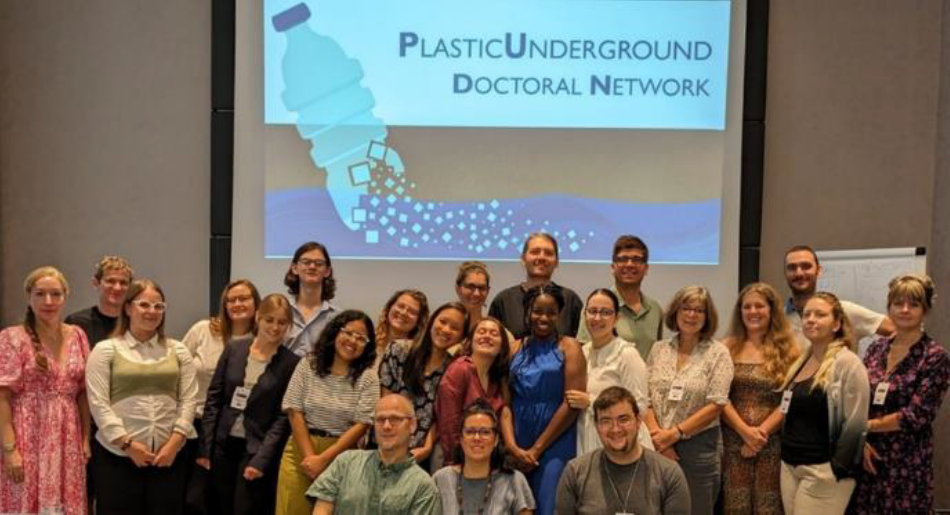
Dates: 29 January - 2 February 2024
Location: University of Birmingham and Polymateria, London
The PlasticUnderground Advanced Training Course will run in person from the 29th January to the 2nd February. It is designed for PhD students and postdocs. The course is taught by Prof Stefan Krause (University of Birmingham) and his team. It is co – hosted by Polymateria in London.
Course instructors bring a broad spectrum of experience and knowledge within the Water theme. This course is an excellent opportunity for professional networking and planning next-steps in your career.
Course Overview
The PlasticUnderground Advanced Training Course is a 5-day short workshop that is intended for post-graduate students and post-docs interested in Microplastic sampling and extraction techniques and also Entrepreneurship and Innovation.
Lunch will be provided on Day 1, Day 2 and Day 3 and the coach journey to Polymateria on Day 4.
Download the full event programme here.
More course information can also be found below:
ATC 1: Microplastic sampling and extraction techniques (Host UoB) Day 1 – 3
This course will focus on training in different microplastic sampling techniques in aquatic and terrestrial environments, including soil and sediment extraction and microplastic identification. This course will address the need for standardised methodologies, while providing hands-on training in novel analytical techniques such as the use of Nile Red and TGA-FTIR-GCMS. It will also focus on critical aspects of contamination, repeatability and reproducibility in microplastic quantification, as well as protocol versioning and integration into SciNote.
ATC 2: Entrepreneurship and Innovation – The Innovation Pipeline (Host: PolyM)
Day 4 – 5
This will address how scientists can utilize scientific innovations as a basis for successful business ideas, through organizing resources and translating research results into practical tools and services. The ATC will focus on improving innovation capabilities, team-based innovation, and innovation management and will build upon ideas provided by the DCs. The leading role of non-academic partners and decision makers in delivering this ATC will ensure that the impact of the DN will be of highest practical relevance, including use of communication plans to increase visibility of research findings among non-academic stakeholders.
Register now.